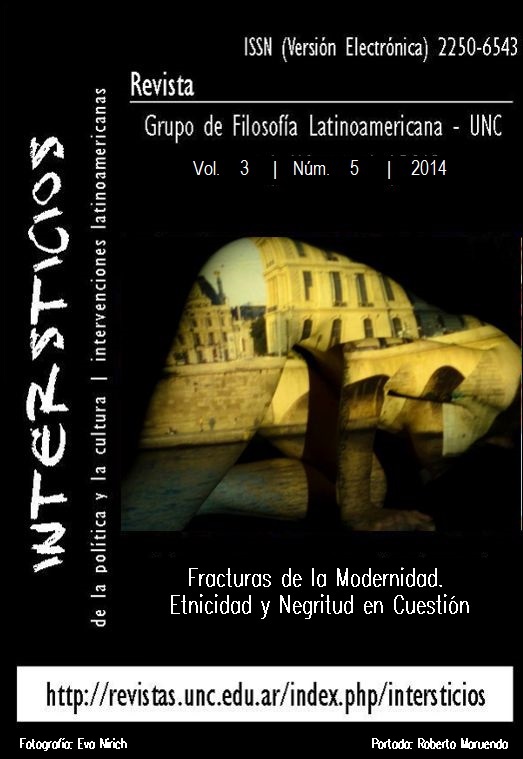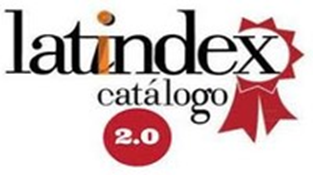POLITIZACIÓN INDIA EN EL JOVEN FAUSTO REINAGA
Resumen
Presento algunos elementos del “pensamiento indio” de Fausto Reinaga (1906-1994), el ideólogo más importante del indianismo. El objetivo es mostrar que el sujeto indio ha pensado, desde hace largo tiempo, cuestiones centrales para una crítica radical, no sólo del capitalismo, sino también de la “modernidad occidental” y su sujeto: el blanco-mestizo para el caso “latinoamericano”. Para ello, me centraré en la primera etapa del pensamiento de Reinaga, en la que confluyeron el marxismo-leninismo, el nacionalismo revolucionario y el indigenismo.
Palabras claves: Fausto Reinaga, “Problema Indio”, Ideologías.
Abstract
I present some elements of the "Indian thought " of Faust Reinaga (1906-1994), the most important ideologist of the “indianismo”. The aim is to show that the Indian subject has thought, for long time, central questions for a radical critique, not only of the capitalism, but also of the " western modernity " and his subject: the white – mestizo one for the "Latin-American" case. For it, I will centre on the first stage of Reinaga's thought, on that there came together the marxism - leninism, the revolutionary nationalism and the indigenismo.
Key words: Fausto Reinaga, " Indian Problem", Ideologies.
Descargas
Descargas
Publicado
Número
Sección
Licencia
Aquellos autores/as que tengan publicaciones con esta revista, aceptan los términos siguientes:- Los autores/as conservarán sus derechos de autor y garantizarán a la revista el derecho de primera publicación de su obra, el cuál estará simultáneamente sujeto a la Licencia de reconocimiento de Creative Commons que permite a terceros compartir la obra siempre que se indique su autor y su primera publicación esta revista.
- Los autores/as podrán adoptar otros acuerdos de licencia no exclusiva de distribución de la versión de la obra publicada (p. ej.: depositarla en un archivo telemático institucional o publicarla en un volumen monográfico) siempre que se indique la publicación inicial en esta revista.
- Se permite y recomienda a los autores/as difundir su obra a través de Internet (p. ej.: en archivos telemáticos institucionales o en su página web) después del proceso de publicación, lo cual puede producir intercambios interesantes y aumentar las citas de la obra publicada. (Véase El efecto del acceso abierto).











